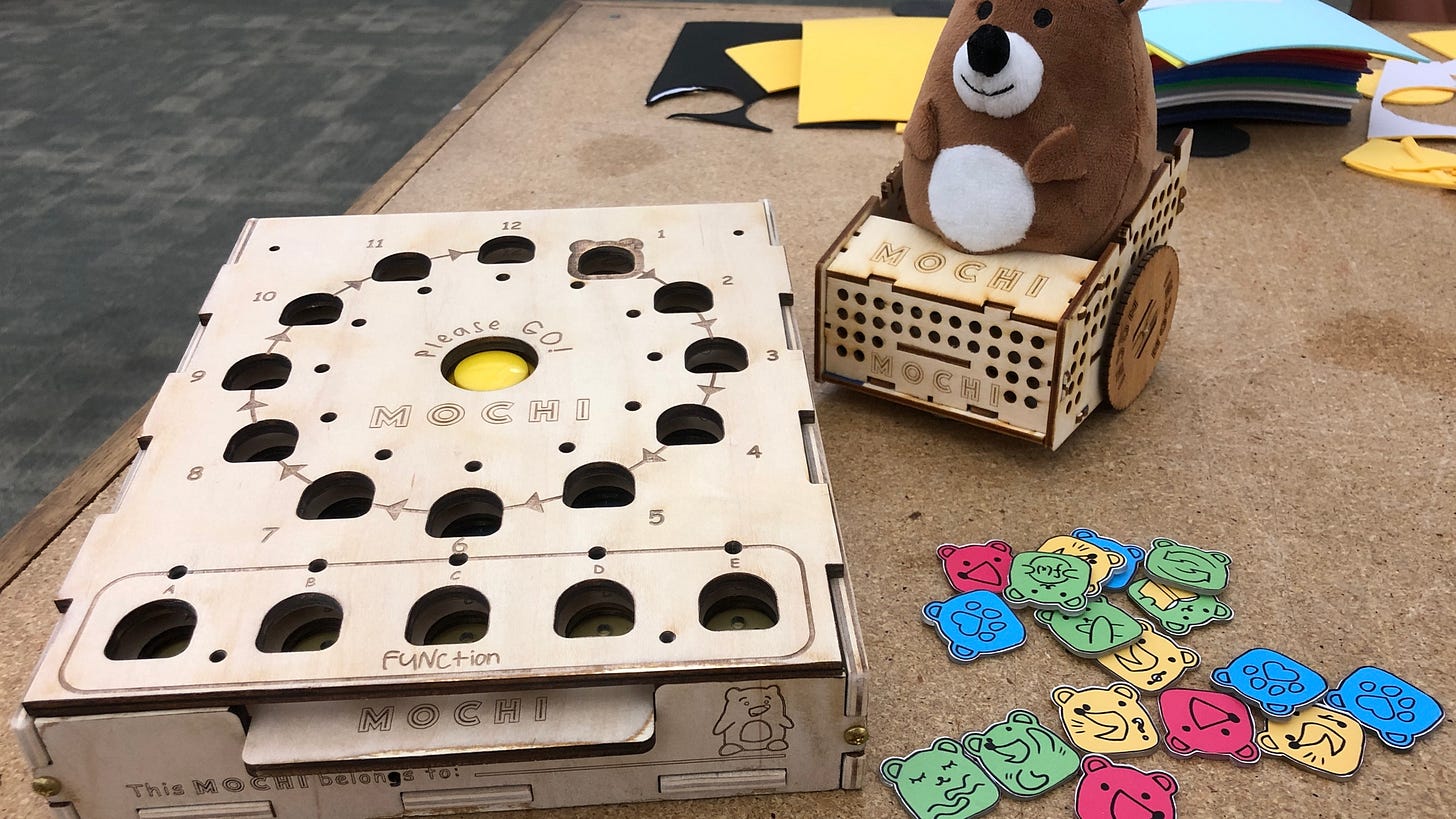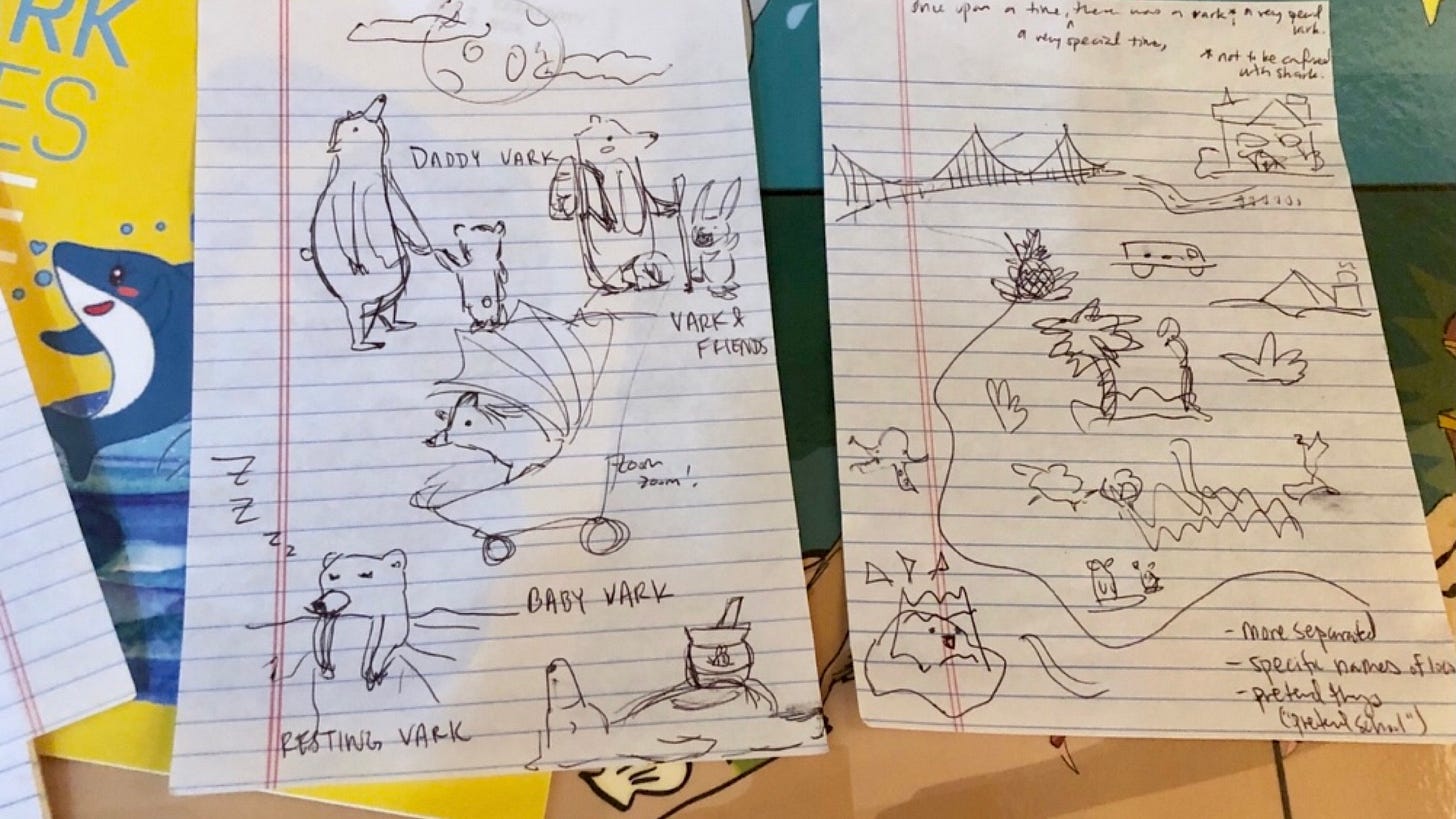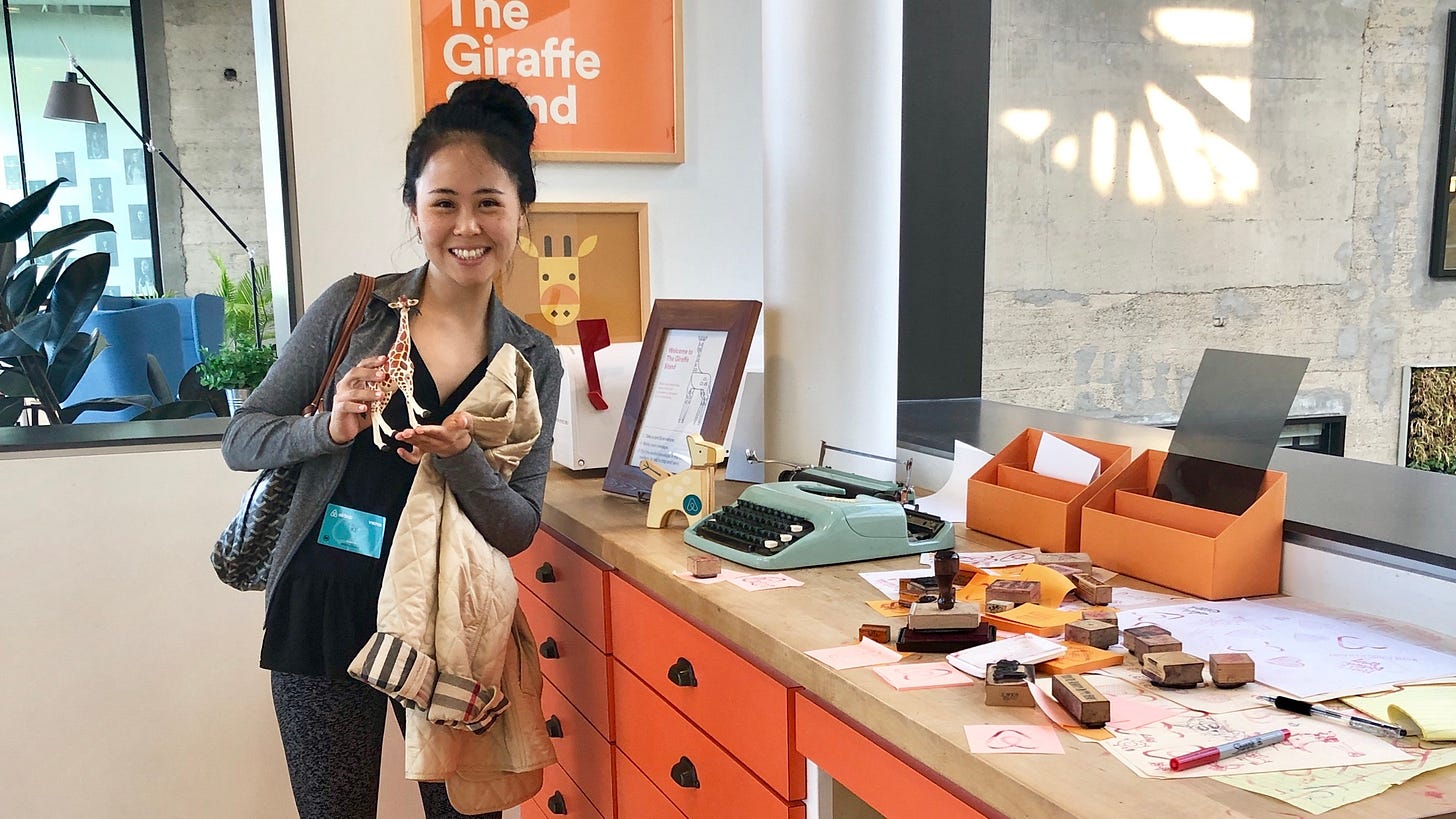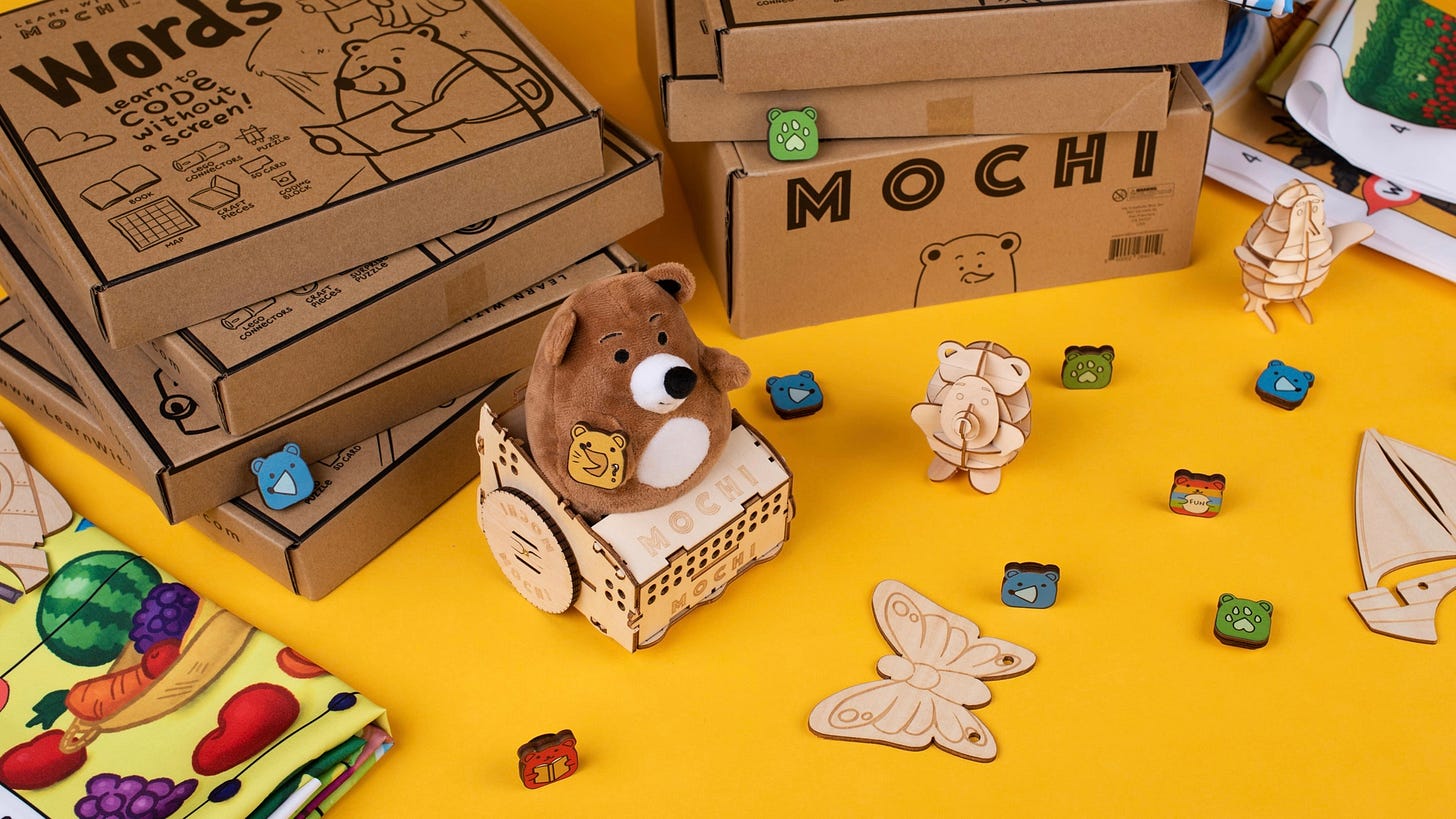I like to play this game when I’m undecided between options:
Taking a week off with no plans?
Self care.
Eating Hot Cheetos in bed?
Self harm.
Avoiding Hinge and still single?
Self care.
Going out after 9pm?
Self harm.
Old age has made me soft. These days, what qualifies as “care” (or “exciting” even) is loosely defined. I’m excited for my Amazon packages to arrive so I can treat my teeth to Oral B Satin Floss. I’m excited to crawl into bed at 10pm so I can finish a gripping Barbara Kingsolver novel. I’m excited to have an unplanned weekend so I can catch up on laundry, taxes, car maintenance, and finally put art up on my walls.
Post-founder life is like breathing out a decade-long sigh of relief.
I like to ski, run, swim, sauna, and generally be active or outdoors. But there are just as many days when if I make it to the office and the dry cleaners in the same day, I give myself a pat on the back and put a gold star on the fridge.
Speaking of gold stars, I’ve been recovering from collecting gold stars since 2021. My founder friend Bianca likens it to being a few years into a decade-long sigh of relief.
I feel wildly lucky to be alive in a time and place when there’s so much capital chasing comparatively few ideas. Going into 2024, there was something like $2.5 trillion of unparked capital (“dry powder”) worldwide. The world used to make us define ourselves by a craft: “I am a cobbler,” “I am an accountant”, “I am a front-end engineer”, etc. We no longer need to be a commodity in a world with so much capital.
Especially not in Silicon Valley.
We don’t have to be a commodity in a world with so much capital.
If we see something that we think can be made better in the world, we can define our belief, find people we want to solve it with, and raise capital to take a stab at executing our vision. These things can range from horrible and exploitative—like end-of-life care and the American healthcare system—to inconvenient and inequitable—like access to quality education or on-demand food.
We get to change the things we don’t like about the world!
Isn’t that incredible?
I recently came to a career crossroads: do I stay at DogCo, return to nurture 6-year-old BearCo, join intriguing LlamaCo, or become a second-time founder?
Then I snapped to my senses.
Don’t get me wrong: I loved going all-in on Mochi. There was nothing that would have fulfilled me as much as seeing if I could make something people want. So the idea of staying safe and never trying to create something of my own—it was a no-brainer: I get off The Path. I try the new thing. I try until I’m out of cash or out of cofounders or out of conviction. I try the heck out of it and I don’t look back.
Few things in life are one-way doors. For reversible decisions, decisiveness is more important than preparedness. I was far from prepared, but I was determined—and resolved anything I didn’t know, I’d learn along the way. I’d figure it out.
But there’s plenty I don’t miss, like not knowing whether we’d have enough liquidity to pay our vendors next month if we didn’t hit our pre-launch fundraising goals this month. Or answering hundreds of disappointed customers when we couldn’t deliver on time amid escalating U.S.-China trade tensions—and imagining all the parents who had to explain to their kids why their stockings were empty on Christmas Day. Or embezzling Q-tips from my parents’ house because hey, that’s a two-dollar value right there!1
The post-pandemic discourse on work is rife with the language of trauma: recognizing signs of PTSD in healthcare workers, the enduring reign of The Body Keeps the Score on the NYT bestsellers list, and the rise of TikTok stars like Pasha Grozdov whose skits on trööma have resonated with millions of Gen Z.
But workplaces can also be a place for healing.
Scientists have shown the life of wild animals is mostly pain, suffering, hunger, and cold. But do we believe pets to be happier?
The human condition is defined by stress not stasis.
The human condition—and our collective quest for survival—is defined by stress, not stasis. Our desire for stability and predictability is what happens when we’re cocooned by creature comforts of the 21st century. But fluctuations are normal; it’s periods of calm and stability I’m wary of, as these are unnatural states of the world.
Being an entrepreneur in remission is like being a recovering alcoholic. These days, I’m so happy, serene, and peaceful—peaceful!—in a W-2 role that I worry I’ve made a full recovery. Sometimes at night when I’m tucked comfortably into bed and ready to sleep soundly because I’m no longer signing the front of checks, I wonder if I’ll have that kind of conviction—that passionate, irrational drive—ever again.
But then I remember:
Starting a startup?
Self harm!!! (Kidding.)









